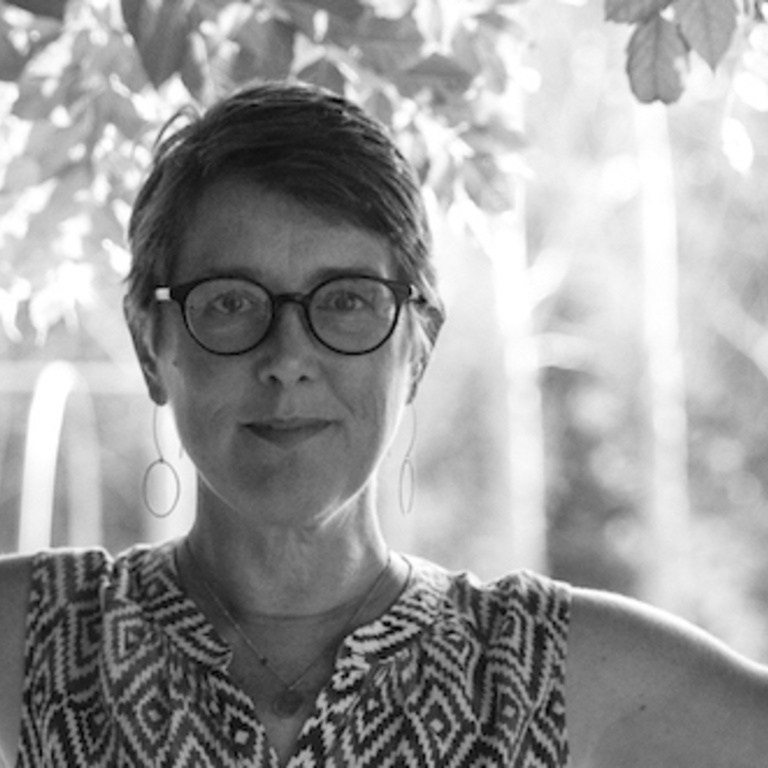Jennifer New
Associate Director
(she/her)
Biography
Jennifer New oversees the Center's communications and plays a major role in facilitating the programs, community engagement, and event planning. An accomplished writer, she is the author of three books, Dan Eldon: Safari as a Way of Life (Chronicle Books, 2011) being the most recent. She has curated several exhibits and co-directed two short documentaries. Jennifer is a lifelong student of yoga and teaches locally.
